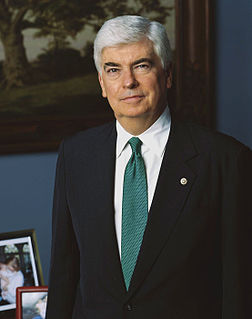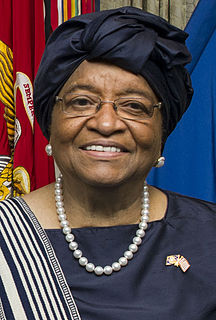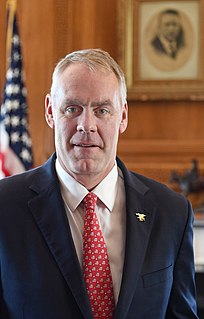A Quote by Jim Sensenbrenner
The principal problem facing our economy today is jobs.
Related Quotes
Canadians no longer have any financial room. Half of Canadians are $200 away from insolvency. They are facing a slowing economy with a diminishing number of jobs, and a rising cost of living to go along with it. That is the consequence of the Trudeau, Morneau tax-and-spend agenda, which is driving our economy down.
Liberia has to take primary responsibility for its own reform agenda. But our resources are limited. We have to attract the private sector to get jobs to our people that will enable us to raise the government revenue, but to do that we have to build infrastructure. It's a very complex problem of development we are facing here.
The problem facing humanity today is not a political problem; it's not a financial problem; it's not a military problem. It's obviously a spiritual problem. That is, it has to do with what we believe to be true about who we are, where we are, why we are where we are, and what are we doing on the Earth. What is the purpose of life itself? What we need right now are leaders or models, people who will stand up and not only help to write a cultural story, but help to model it in the way that they interact with each other.
Today it's fashionable to talk about the New Economy, or the Information Economy, or the Knowledge Economy. But when I think about the imperatives of this market, I view today's economy as the Value Economy. Adding value has become more than just a sound business principle; it is both the common denominator and the competitive edge.
































